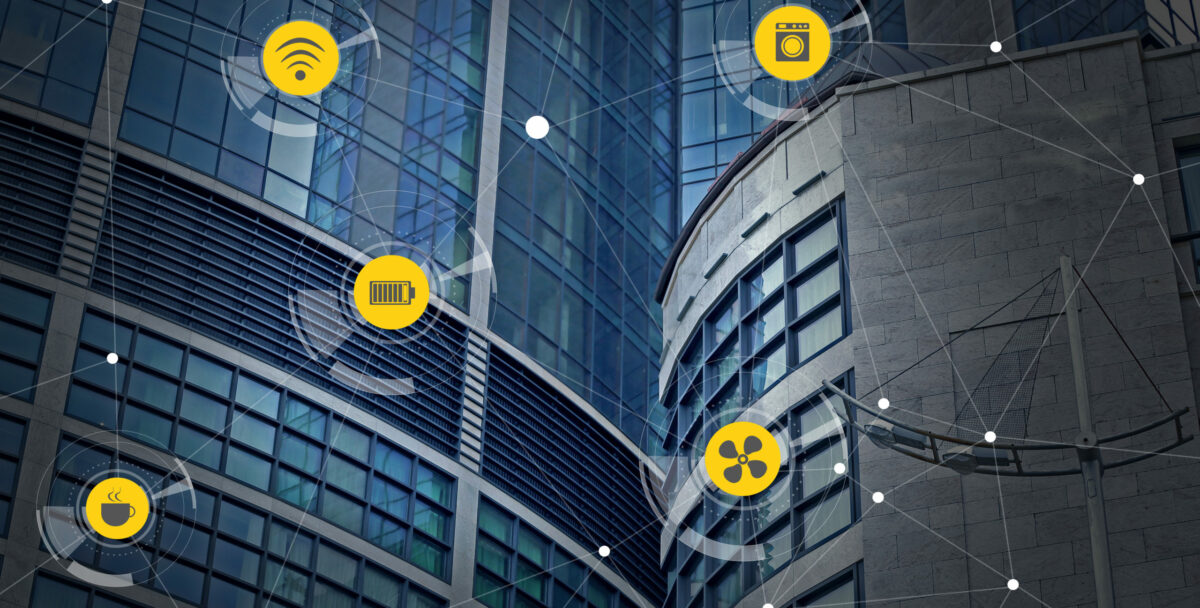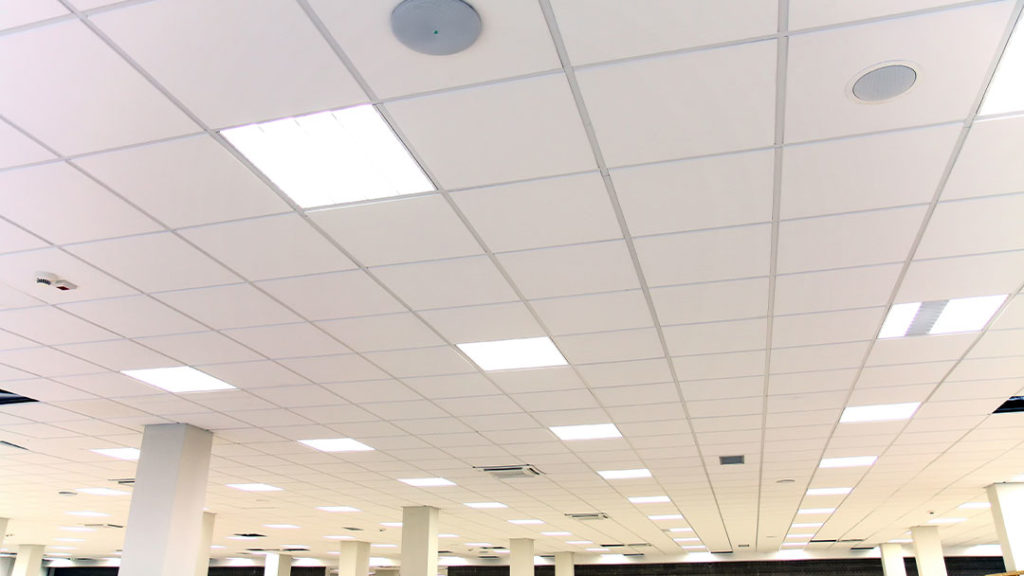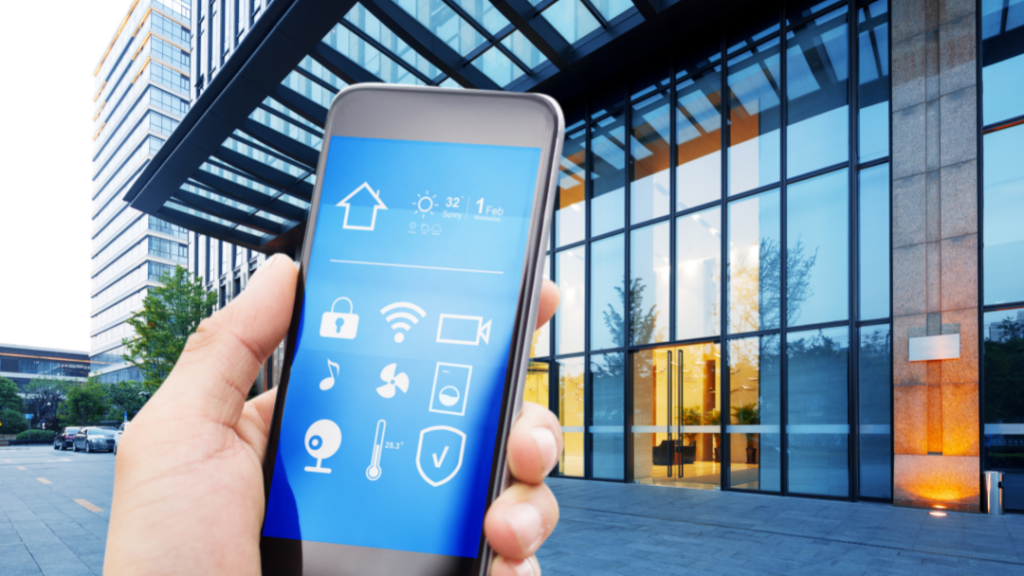It’s mid-March 2009 in New York City. You’re running late for your meeting downtown. As you rush out of your building lobby you are greeted with an icy blast of sideways rain. Frantically, you scan the street for a lit-up taxi medallion – shining like a beacon of hope, saying “Yes, I’ll pick you up and save you”. But none. A sharp gust of wind flips your umbrella inside out, a passing car blasts through a puddle, sending a wave of water spilling over your shoes and then, just at the moment when you spot the only available cab, someone runs out in front of you and steals it. You say to yourself, “There’s got to be a better way!” There was, and it was named Uber.
Technology Changes The World
Technology has a funny way of changing the way we do things and the way the world works. The first taxi companies started in New York in the 1890s. Little changed with how they served their customers over the decades until technology completely and irrevocably changed the game, creating a new standard of how customers are served and what they expect. Got a meeting downtown? Just pull out your smart phone, choose your ride app of choice, order your pickup, and stay dry and on time.
… the challenge is taking the right approach…
The livery cab service example illustrates how technology impacts every aspect of our lives. One area where the impact of technology is about to land is commercial real estate. At this moment in time, we are standing at the edge of a major shift in the commercial real estate industry towards complete technology adoption and implementation. At the center of this revolution is ‘smart buildings’. Until recently, the million-dollar questions of ‘HOW?’ and ‘HOW MUCH?’ have been the major roads blocks for the adoption of smart building technologies. Nobody had good answers to those questions a few years ago. But the challenge of incorporating technology into your real estate projects is not due to a lack of innovations. Instead, the challenge is taking the right approach to technology in real estate despite current practices to the contrary.
Technology In Real Estate
Right now, there is a tremendous opportunity for property owners, portfolio managers and large tenants to re-evaluate their thinking and start adopting technology-based solutions. Rather than inserting technology on an ad hoc basis (resulting in a hodgepodge of smart systems), a more integrated and cost-effective approach is possible. Having a consolidated plan for implementing technology from the beginning of a real estate project will give you a proven and reliable solution.
It has never been easier to make considerable efficiencies, increase functionality, and reduce costs by implementing IoT (Internet of Things) technology. All that is required is a shift away from the current mindset of how real estate projects are designed, planned, and implemented to incorporate technology from the start. Currently, technology gets implemented into real estate projects in two ways:
- For new builds, the CSI Master Format is adopted, intrinsically creating standalone systems.
- For retrofits and renovations, technology is acquired on a repair or replacement basis.
One of the reasons for this ad hoc approach is simply a lack of knowledge and technology experience within many management and construction development teams. Maintaining this approach is the course of least resistance; it is established and requires no further effort. However, it produces technology ‘solutions’ that are disparate, lack flexibility, and are challenging to integrate. Moreover, current real estate technology is invariably controlled by third-party suppliers at considerable expense.
A smart building technology solution will not only provide increased capability at a reduced cost, but it also protects the assets and maximizes the return on investment.
Bespoke smart building technologies have been available for several years, and they are a much more optimal solution for owners and occupiers. Nowadays, these solutions are no longer ‘custom’ solutions requiring large investment, but come out of the box with customizable features and pre-built integrations that fit every need. A smart building technology solution will not only provide increased capability at a reduced cost, but it also protects the assets and maximizes the return on investment.
Why Isn’t the Use of Smart Building Technology More Widespread?
There has been a major failure to expose the commercial real estate industry to the benefits of smart building technology. Currently, it is more financially beneficial for developers to maintain the outdated status quo. Therefore, key stakeholders are simply not given the option of integrating smart building technology into their real estate projects. As IoT solutions such as smart metering, HVAC control, and IP/PoE lighting start to beneficially impact project budgets and operating costs, owners will begin to take notice. And at that point, the owners who have had the vision to see these benefits early will be the ones that have assets capable of maximizing productivity and reducing their operating costs.
This awareness is already spreading among commercial real estate professionals. They realize that 10-15% of their project budget is spent on ad hoc smart solutions, and it is not producing the return on investment they anticipated. Increased exposure to the best smart building technologies and the lower overall cost (around 10% of the project budget) incentivizes owners to steer towards these technologies. Inevitably, it will be this demand from owners that creates the change needed in the real estate industry. The return on investment is considerable. A mere $0.15-20 investment per square foot of integrated smart building technology can result in a $1-3 expense reduction per square foot when compared to ad hoc technology solutions. With this level of savings, it’s clear that owners will soon drive the industry toward adopting integrated smart building technologies.
Once smart building technology is utilized to its full potential, it will… change the game forever.
Once smart building technology is utilized to its full potential, it will offer an experience that will, like Uber to the taxi service, change the game forever. It will create a new standard of how buildings are built, managed, maintained, and utilized. Beyond that, it will change what tenants expect in terms of services and overall living experience from the buildings that they occupy. The fact is, the commercial real estate industry is ready for this, we all want it… and now we can finally see the path to making it a reality.
Last Updated on August 2, 2022 by Josh Mahan




